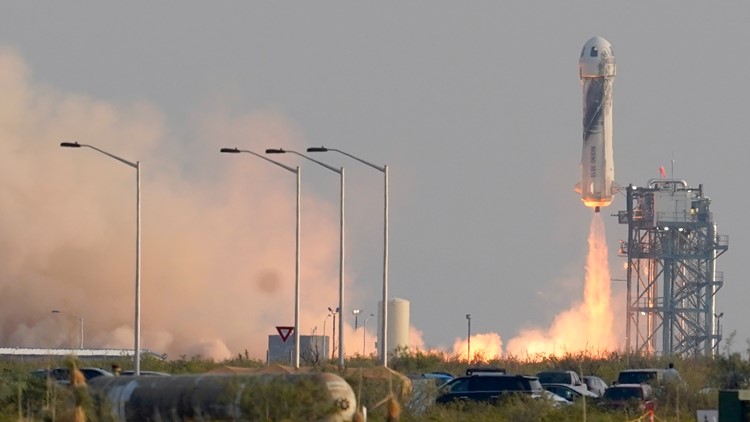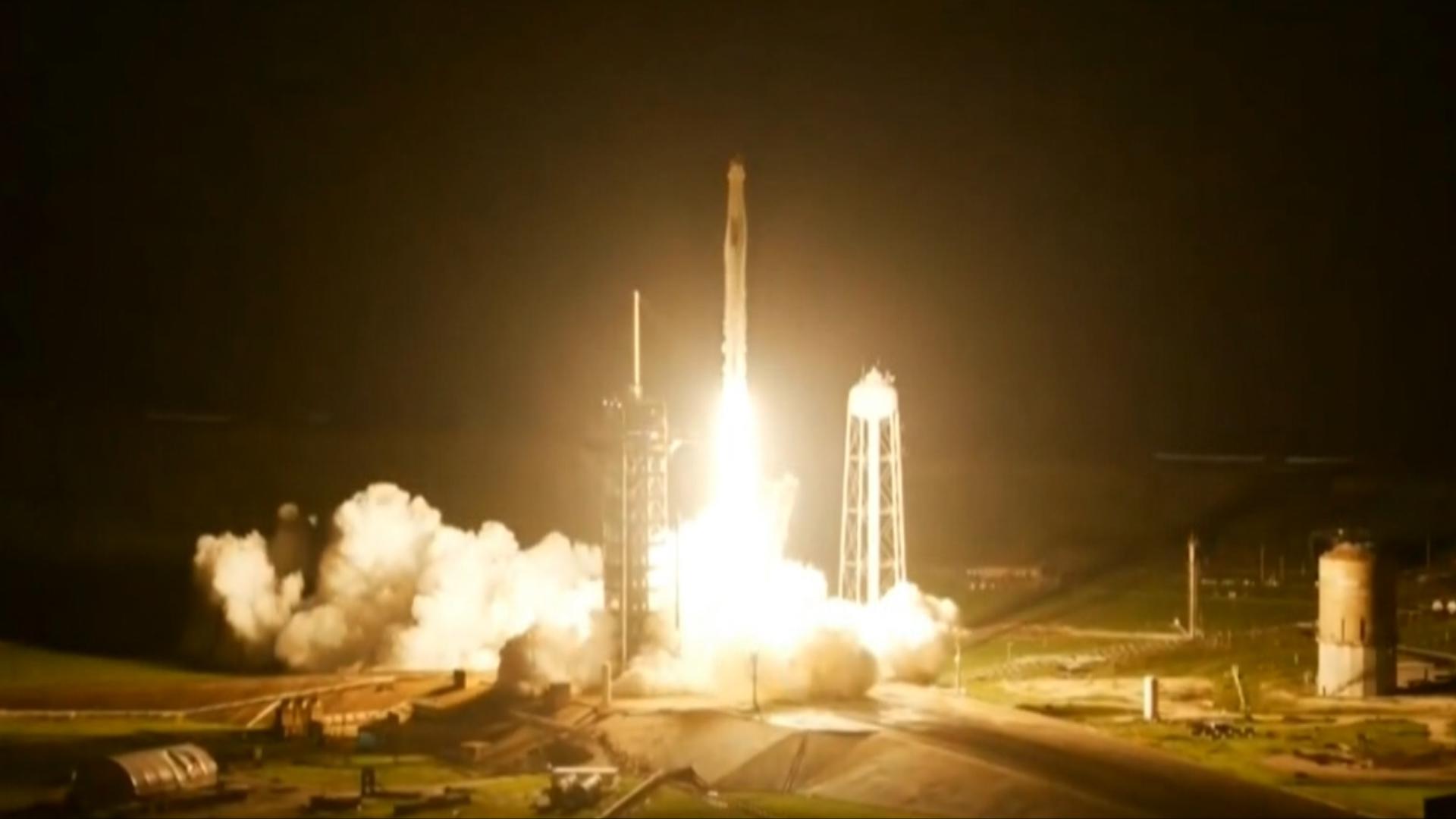GAINESVILLE, Fla. — A University of Florida scientist is set to make history Thursday by launching into space to see how plants "respond molecularly," according to a press release.
University of Florida Astraeus Space Institute Director Rob Ferl will fly aboard aerospace company Blue Origin's New Shepard rocket Thursday at 9 a.m. from Texas. The release states that it will be the "first NASA-supported researcher-tended suborbital flight."
Although much is known about how plants respond to living in spaceflight environments, Ferl's experiment will provide new insights into how plants "adjust their gene expression" as they transition from Earth to space.
Furthermore, the release mentions how the experiment will determine which genes turn on and off at various stages of flight, building on prior research that showed a type of plant, a Arabidopsis thaliana, can detect that it is in space, then change how its genes are expressed.
"This moment is a milestone not just for the University of Florida and the Astraeus Space Institute but for an entire community of scientists who can now consider experiments in space that might have previously been viewed as impossible," UF Interim President Kent Fuchs said in the release. "I look forward to cheering Rob on during Thursday’s mission and to watching him make history yet again."
Ferl will carry the plants in specialized tubes called 'Kennedy Space Center Fixation Tubes,' according to the release. The tubes will be Velcroed to the legs of his flight suit during the spaceflight.
UF says Ferl's experiment has a second purpose to it as well: "to validate that having researchers do their own experiments on flights is a valuable use of research funding, rather than relying on untended experiments or robotics."
"We envision plants will keep us alive in space or on the moon," Ferl said in the release. "What does it take to adapt to living in space? We’d like to know."



